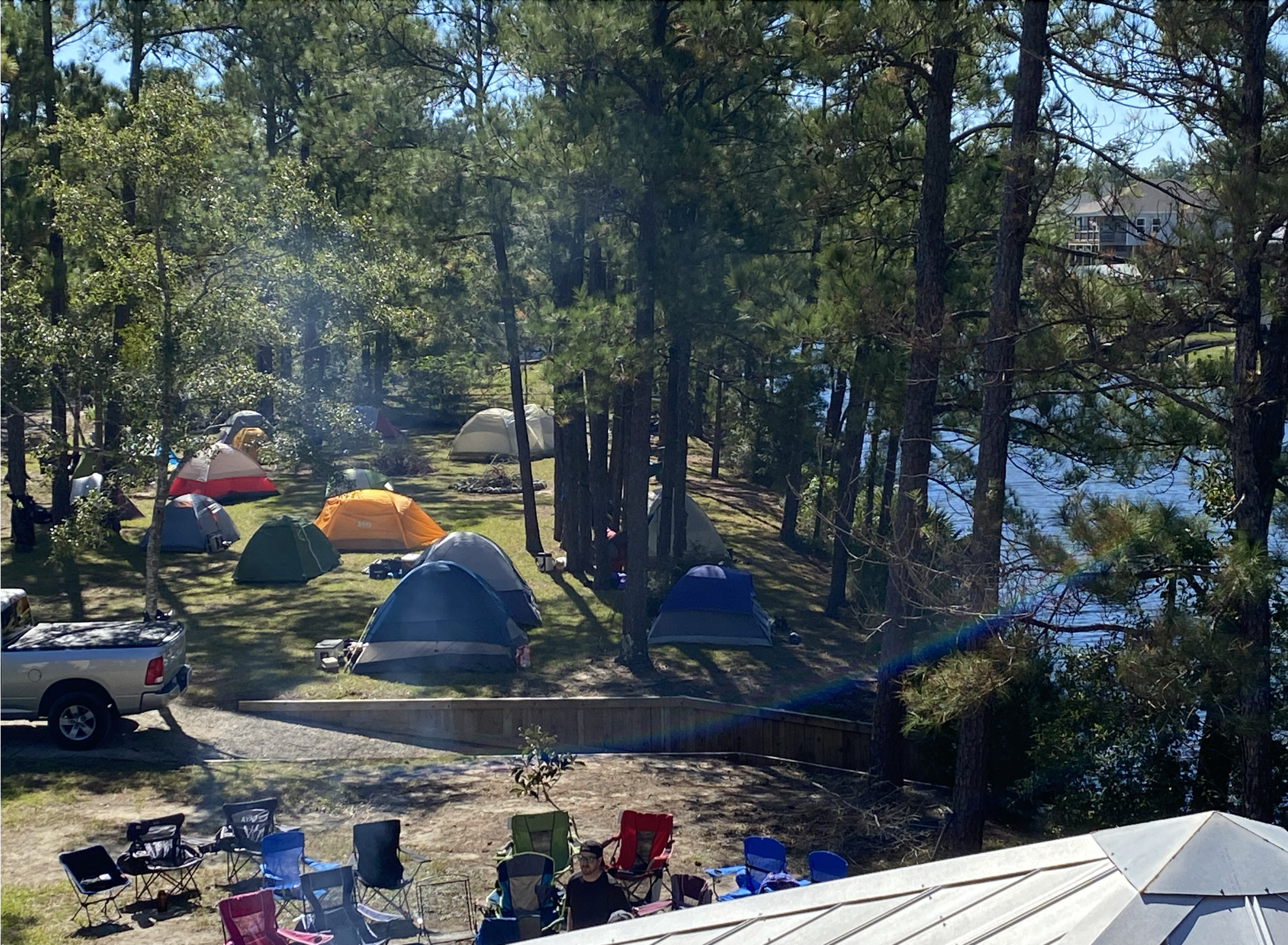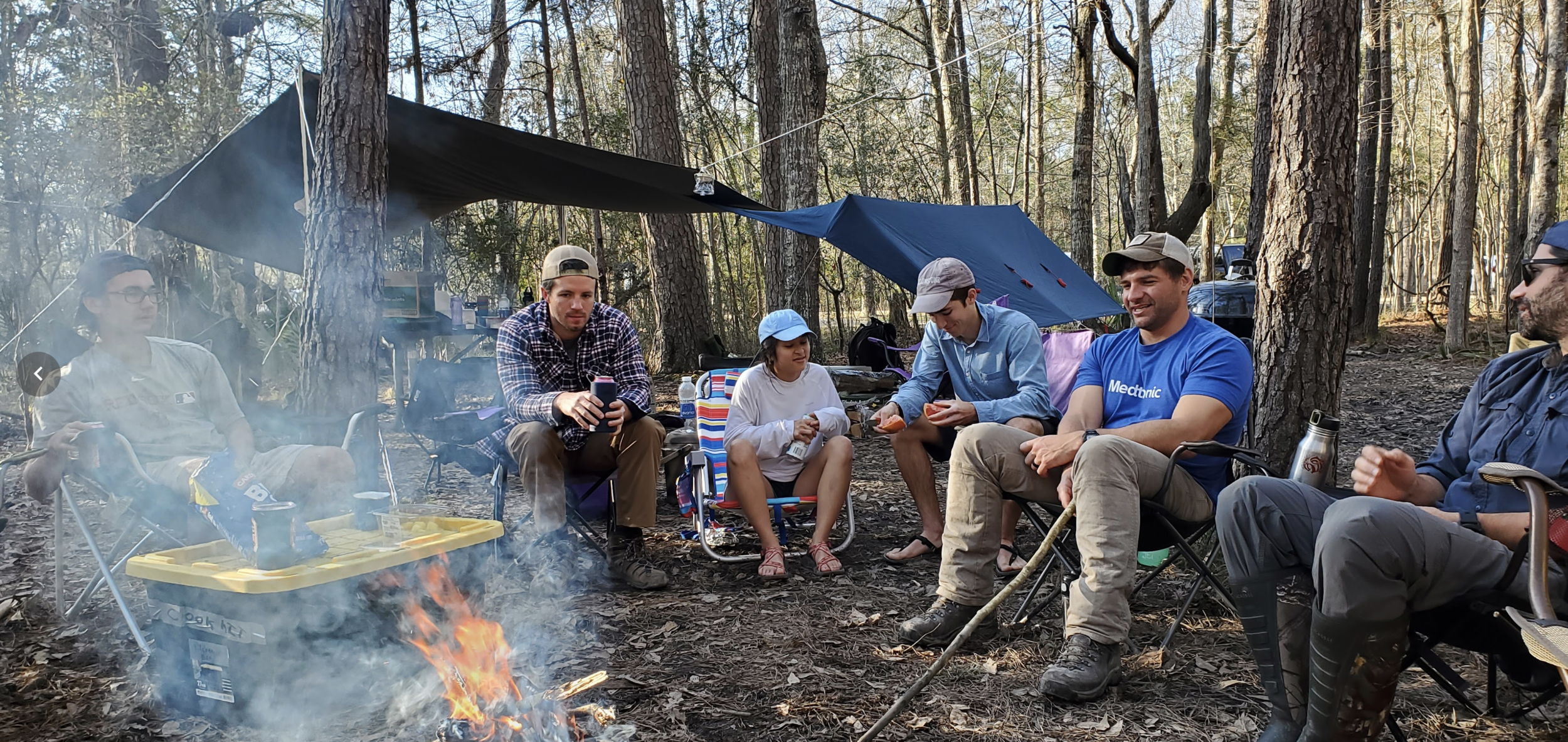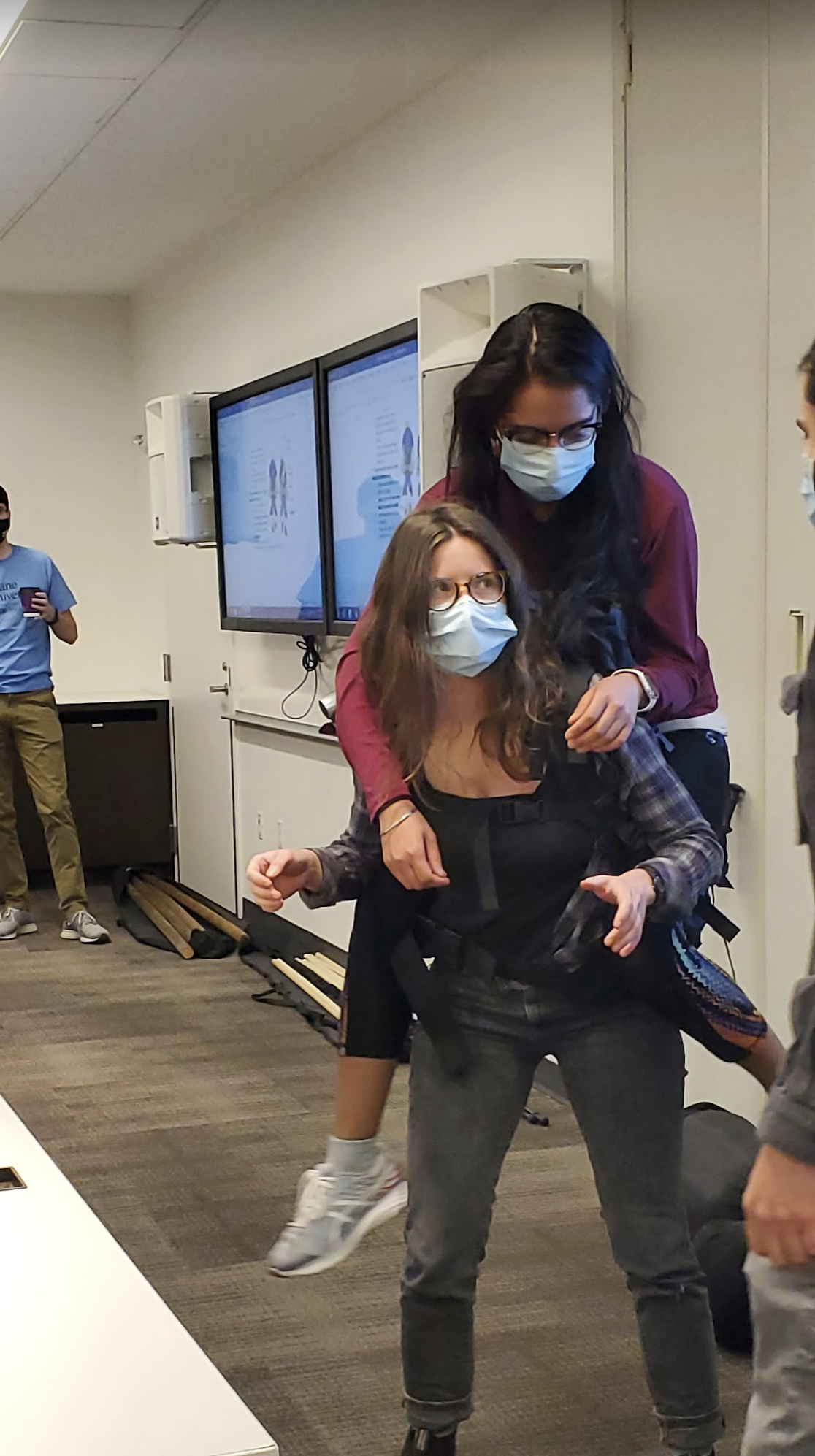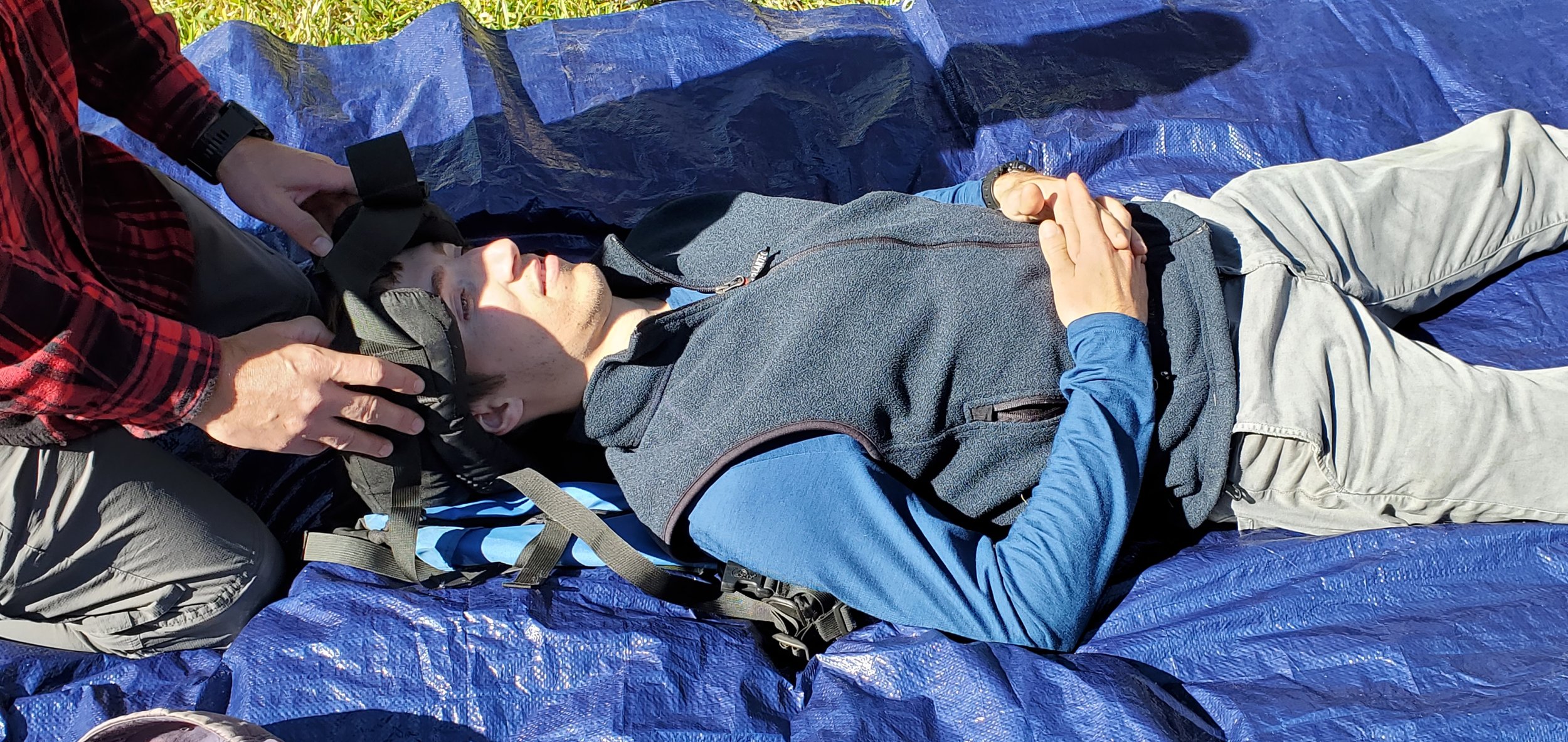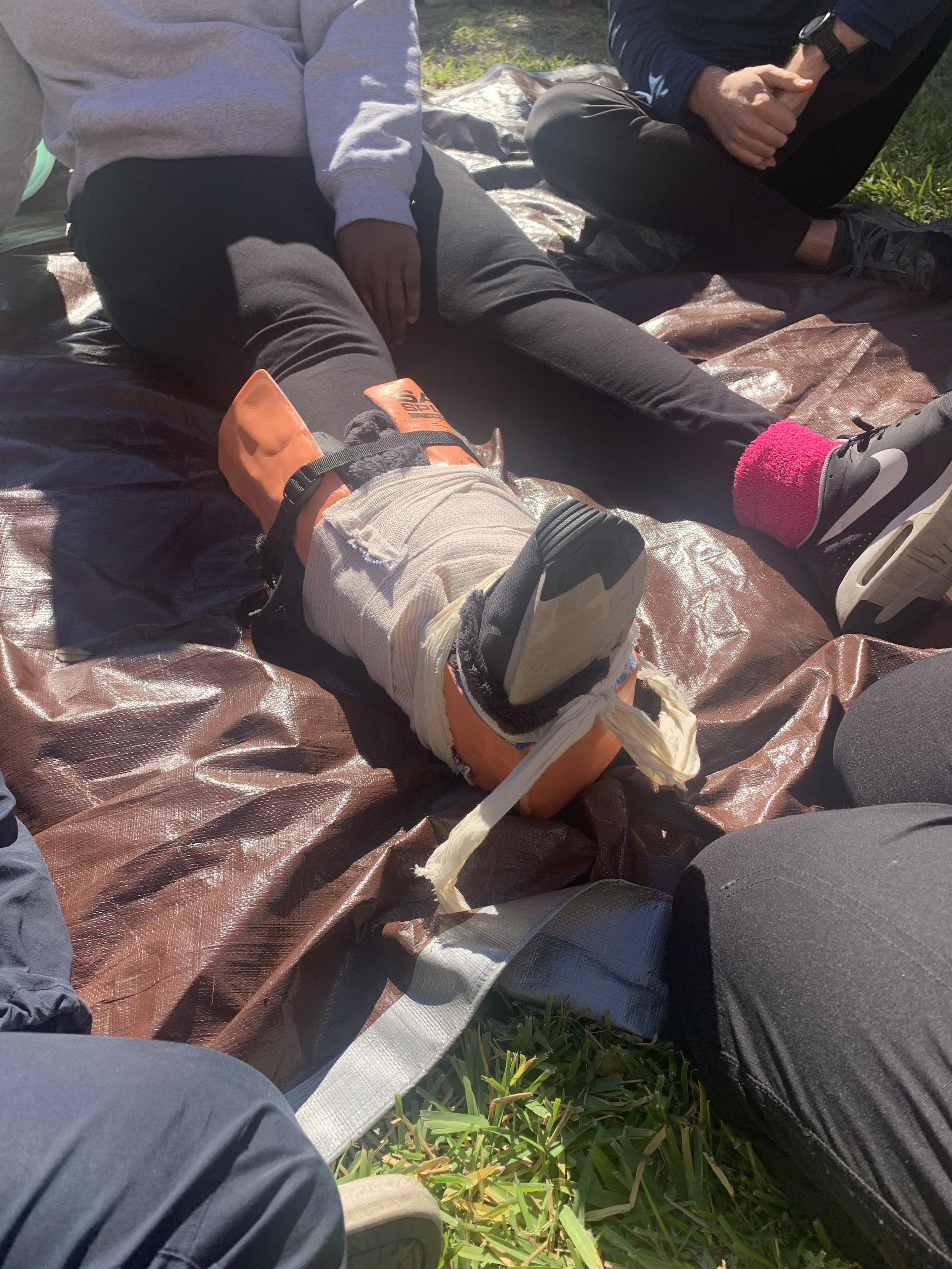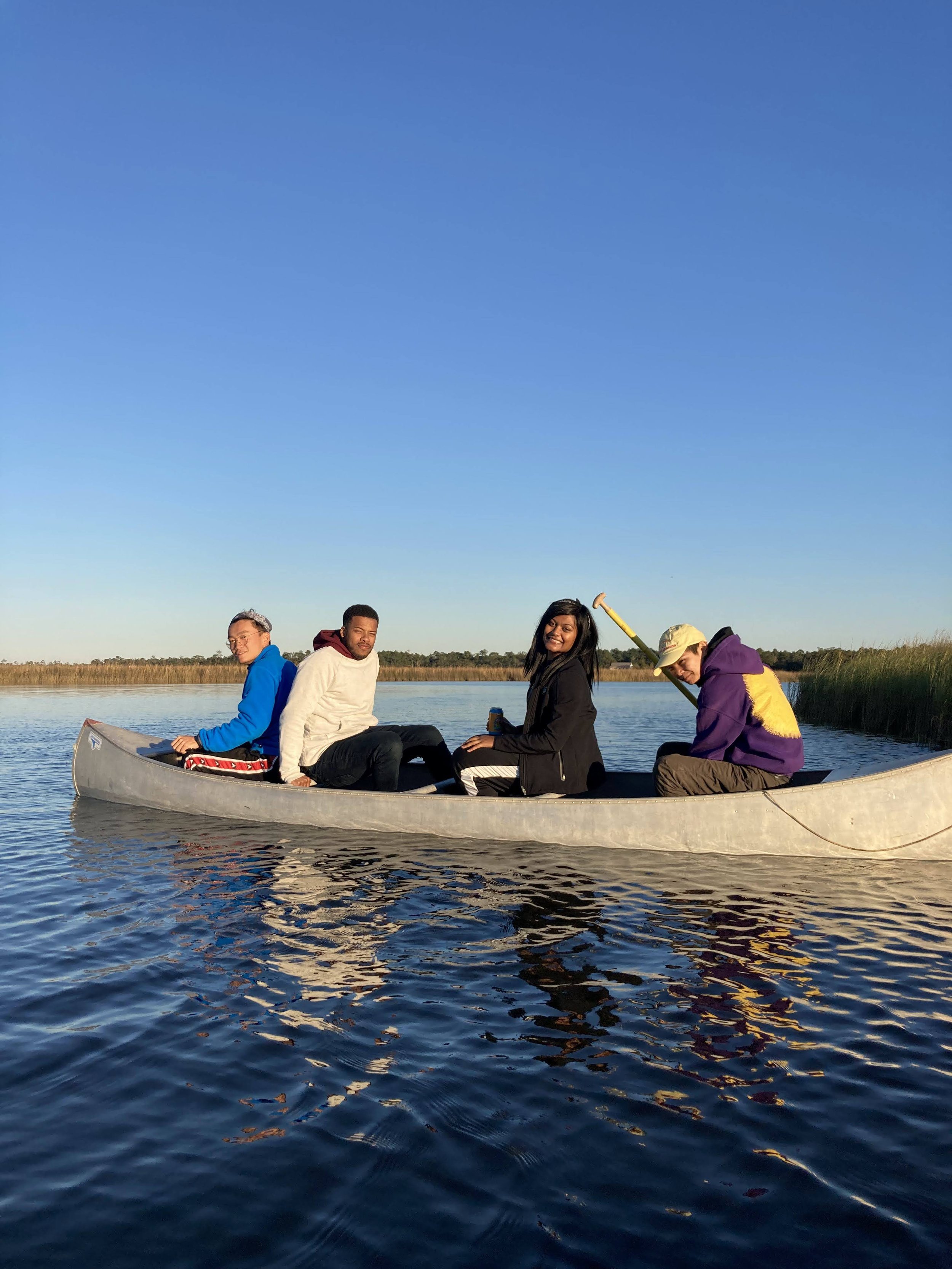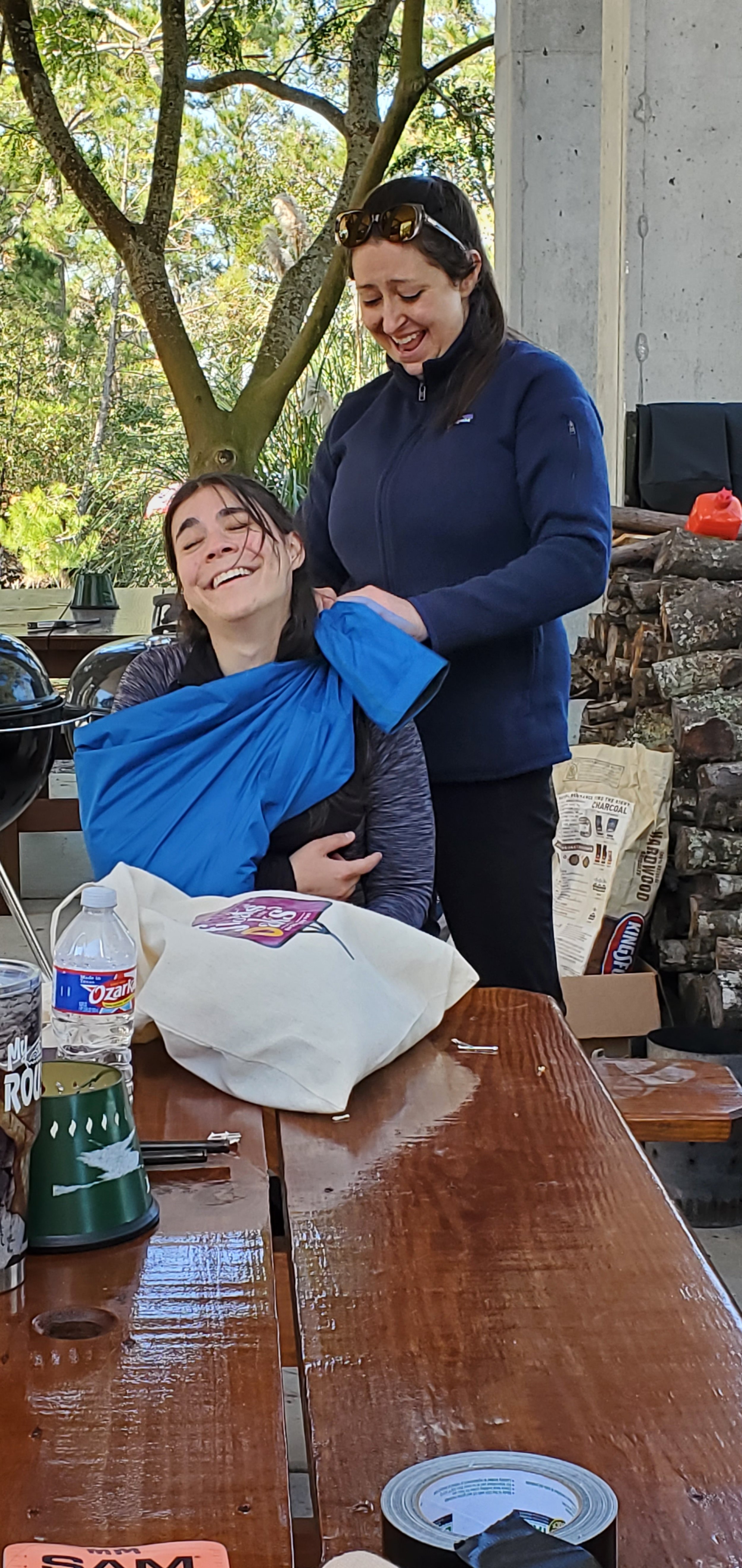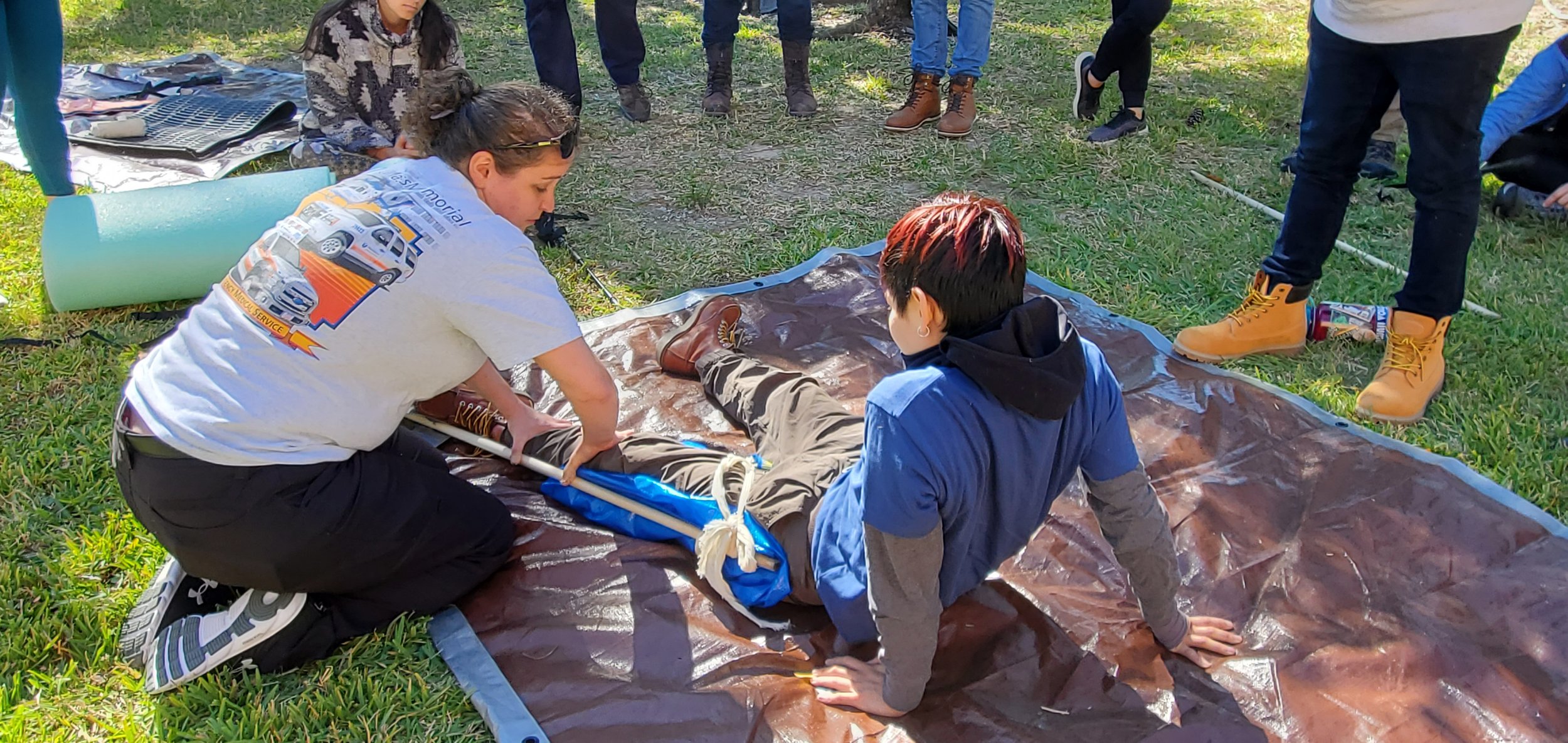
About Wilderness and Austere Medicine
Wilderness and Austere Medicine is the practice of medicine in environments that are remote or resource limited. These environments can occur on land, at sea, undersea, in space, after a natural disaster, in a country that has limited medical resources, in military applications during training or at war, among others. The focus of wilderness and austere medicine is not only on treatment of conditions commonly found in these environments, but also on preparation for the specific environment you will be going into, understanding how the human body responds to these respective environments and on the prevention of disease / injury in these environments. In this residency track you will receive training on both the treatment and prevention of common issues / diseases encountered in a variety of austere environments as well as gain a comprehensive understanding of the human pathophysiology that occurs in wilderness and austere environments.
LSU Spirit of Charity Emergency Medicine Wilderness and Austere Medicine Track
We are located in the “low country,” where the land meets the sea, in a subtropical climate. This provides a unique opportunity for training on both land and marine based topics. We also experience relatively frequent hurricanes, power outages, flooding events and other natural disasters; so whether we like it or not, part of life on the gulf coast is that there will likely be a real-world opportunity to use some of the preparation, prevention and treatment skills you learn during your training while you are down here.
The LSU Spirit of Charity Wilderness and Austere Medicine Residency Track provides a robust educational experience and offers opportunities for those interested in providing medical care in austere environments. We provide additional education to complement the residency curriculum to both prepare for and acutely manage medical issues in settings outside of the hospital where there are minimal resources and support. We offer a lecture and skills lab series for the local medical schools and residents, weekend workshops, journal clubs, camping trips, and other outdoor experiences and activities where you will learn and ultimately teach a variety of Wilderness and Austere Medicine skills.
Our Wilderness and Austere Medicine Residency Track was designed to overlap with many of the core requirements and didactics of the emergency medicine residency to make the training of participants in the track more efficient. It is also possible to become a Wilderness Medical Society (WMS) Fellow in the Academy of Wilderness Medicine (FAWM) candidate during residency and it is very feasible to complete the FAWM requirements during your 4 years of residency. Many of the activities of this residency track qualify for FAWM credits, so participants in the track are encouraged to become a WMS member and FAWM candidate. Though, whether you choose to become a FAWM candidate or not during residency, any resident who completes the wilderness and austere medicine residency track will receive a residency credential (a letter of certification of completion of the track written by the track director) which will verify your specialty training in this area and strengthen your position to apply for fellowship, seek employment in academic emergency medicine, become a medical director of a search and rescue team, national or state park, aquarium, zoo, medical officer on an expedition or cruise ship, etc. It will also strengthen your candidacy for a job in community emergency medicine and prepare you to provide the best possible medical care in wilderness or austere environments either professionally or during your own recreational activities.



